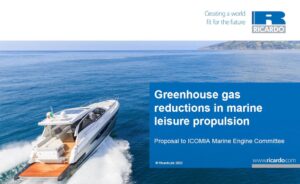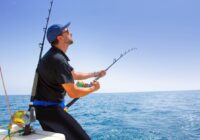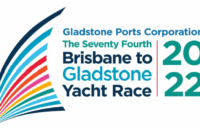The International Council of Marine Industry Associations (ICOMIA) and ICOMIA Marine Engine Committee (IMEC) have announced the launch of a ground-breaking Life Cycle Analysis (LCA) & Decarbonisation study, which is a major milestone and a key component in identifying the best available energy solutions in the future for Greenhouse Gas (GHG) reductions.

As climate change receives major political and societal attention, the marine leisure industry is expected to present ways to address reduced carbon emissions for the sector. In 2021, ICOMIA published its climate change policy and commitment to the industry to address GHG reductions.
Solutions for the marine leisure sector need to address various boat and propulsion combination types, operational modes, range considerations, power demands, and marine safety aspects. Addressing GHG reductions is likely to require a more diverse mix of energy converters, propulsion systems and energy carriers (incl. storage), understanding that different energy transition pathways will be required. Determining what energy converter(-s)/carrier(-s) may yield the best possible GHG reductions in the marine leisure sector is key to contributing to decreased climate impact.
Life-cycle-analysis (LCA) is expected to play a central role in identifying the best available energy solutions for GHG reductions while taking into consideration possible carbon emissions connected to the manufacturing processes, in-use phase and end-of-life possibilities of various energy carriers, converters and the related supply infrastructure.
After a careful evaluation and selection process, ICOMIA and IMEC have commissioned a third-party provider, Ricardo UK to carry out a full LCA on 9 different craft and propulsion types and to formulate and drive a policy that helps in delivering GHG reductions for the sector and enables marine leisure operations to become independent from fossil fuels.
Jeff Wasil, IMEC Chair, said:
“In order to reduce greenhouse gas emissions from marine products, it’s important for the industry to comprehensively understand the impacts of various decarbonization pathways and methods. Very few studies exist for marine products, and we’d like to use the data generated in this study to drive meaningful discussions and policy actions specific to the recreational marine sector.”
The study aims to specify future propulsion technologies available to gradually reduce and/or neutralise the footprint of fossil fuel carbon in the marine leisure industry by quantifying:
- ease of implementation, likely infrastructure requirements, product & service/maintenance cost, cost of ownership
- the lifecycle GHG impact of each technology: energy converters, energy carriers, and new infrastructure
- and for each point above do it for manufacture, user-phase and end-of-life
- the estimated life expectancy of ‘normal’ use per product and for the required infrastructure investments
- impact on vessel range and performance (volume/weight vs. speed/range)
The expected outcomes of the above study include:
- To provide clarity over technologies that are likely to produce significant carbon reductions in the marine leisure sector for a range of representative boat/propulsion combination scenarios that are widely in use today
- The above identification of de-carbonisation options for the boating sector should lead to clear policy guiding ICOMIA and its members and partners’ position when carrying out their advocacy work and guide sustainable investment in marine leisure infrastructure
The timeframe of the project is expected to be 19 weeks with the full report available at the beginning of 2023.







